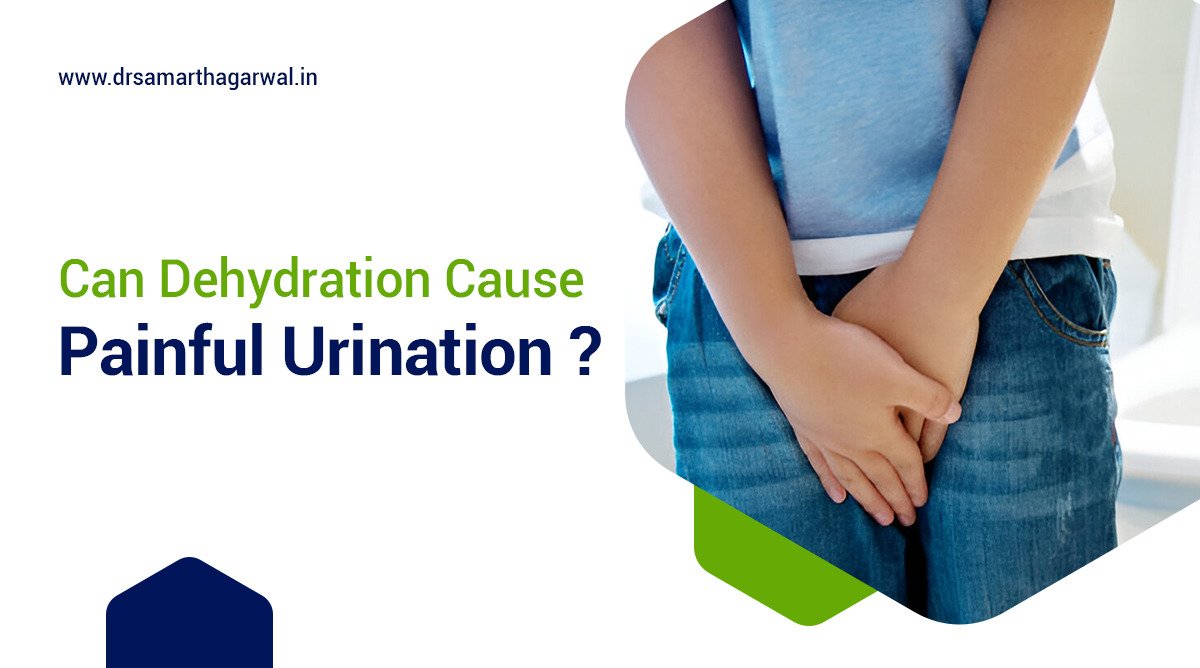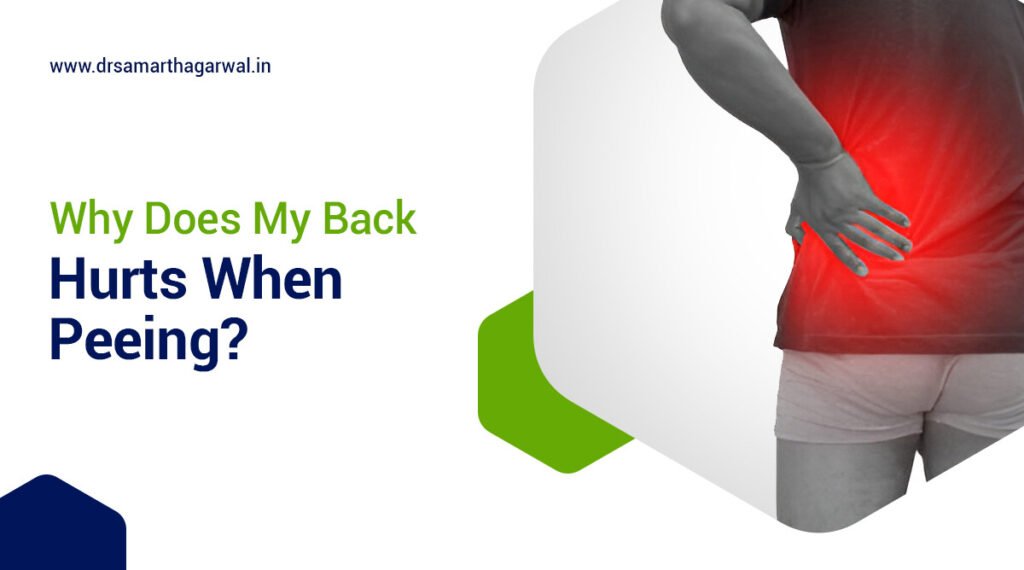Experiencing painful urination can be both alarming and uncomfortable, and many don’t realize that dehydration may play a significant role in this issue.
This article explores the connection between dehydration and urinary tract infections (UTIs), shedding light on what causes these infections and how a lack of fluids, including factors like excessive sweating and vomiting, can impact the urinary tract.
It also discusses symptoms, nighttime urination, chronic conditions, and effective prevention strategies including the importance of hydration and electrolyte replacement.
Understanding these aspects can empower you to take charge of your urinary health and manage risk factors more effectively.
Can Dehydration Cause Painful Urination and Other Health Problems?
Dehydration can significantly impact various bodily functions, leading to painful urination, which is often a symptom indicating underlying health problems such as chronic conditions and interstitial cystitis. This condition is particularly concerning for older adults and individuals with chronic conditions, as dehydration exacerbates urinary tract issues and can signal a medical emergency. Maintaining adequate hydration is crucial to prevent complications related to painful urination, which can disrupt daily life and indicate potential health risks.
What is UTI? Insights from UT Southwestern Medical Center
A Urinary Tract Infection (UTI) is a health problem that occurs when bacteria invade the urinary tract, causing inflammation and discomfort. This infection can manifest with various symptoms, including painful urination, increased frequency of urination, and sometimes fever, making it essential to address any underlying factors such as dehydration that may contribute to its occurrence.
When the body is not adequately hydrated, urine becomes concentrated, creating an environment that is more conducive to bacterial growth. This factor heightens the risk of developing a UTI, especially in those with compromised immunity or anatomical predispositions, such as older adults. It is important to recognize other symptoms like:
- Cloudy or strong-smelling urine
- Pain in the lower abdomen
- Back pain
Not only do UTIs cause immediate discomfort, but they can also lead to more serious complications if left untreated, including kidney infections which have the potential to significantly impact overall health.
What Causes UTI?
UTIs are primarily caused by bacteria entering the urinary tract, often linked to factors such as dehydration, sexual activity, and chronic conditions that compromise the immune system.
Understanding these risk factors is critical to preventing the occurrence of UTIs, especially in vulnerable populations like older adults and athletes who may experience dehydration due to excessive sweating.
When individuals are dehydrated, the urinary tract’s ability to maintain a healthy balance of flora can diminish, creating an environment more susceptible to infection. This imbalance can result in increased bacterial growth that overwhelms the body’s defenses.
- Gender plays a significant role, with females being more prone due to anatomical differences.
- Poor hygiene practices can further exacerbate the risk, making it essential to prioritize cleanliness.
- Pre-existing health issues such as diabetes, kidney stones, or high blood pressure may increase susceptibility, creating a multifaceted approach to prevention.
By addressing these various factors, individuals can effectively reduce their risk of developing troublesome urinary tract infections.
How Does Dehydration and Excessive Sweating Lead to UTI?
Dehydration can create an environment in the urinary tract that is conducive to the growth of bacteria, thereby increasing the risk of developing a UTI. When adequate hydration is not maintained, urine becomes concentrated, making it more likely for bacteria to thrive and lead to infections, thereby emphasizing the importance of proper hydration for urinary health.
When the body does not receive sufficient fluids, the volume of urine decreases, which hinders the flushing out of harmful pathogens from the urinary tract. This stagnation allows bacteria a greater opportunity to multiply, thus escalating the risk of infection.
- Mechanism 1: Lower urine output means fewer opportunities to eliminate bacteria.
- Mechanism 2: Concentrated urine can irritate the bladder and urethra, potentially leading to inflammation.
- Mechanism 3: A dehydrated state may disrupt the urinary tract’s natural defense mechanisms, furthering susceptibility to infection.
Staying adequately hydrated not only helps to dilute the urine but also plays a crucial role in maintaining the body’s defenses against urinary tract infections.
How Does Dehydration Affect the Urinary Tract and Kidney Stones Formation?
Dehydration negatively impacts the urinary tract by concentrating urine, which can lead to various complications including painful urination, kidney stones, and increased susceptibility to infections. When the body is not properly hydrated, the kidneys may struggle to filter waste efficiently, resulting in higher concentrations of minerals and salts that can crystallize and form stones.
This lack of hydration can create an environment conducive to bacterial growth, further inflaming the urinary tract and leading to frequent infections. This might require urinalysis to properly diagnose. Common symptoms of these infections include:
- Urge to urinate frequently
- Burning sensation during urination
- Cloudy or strong-smelling urine
To mitigate these risks, adequate hydration is essential, as it helps dilute the urine, flushes out toxins, and minimizes the concentration of minerals. Regular intake of fluids, and in some cases, sports drinks or other electrolyte solutions, can effectively promote the efficient function of the kidneys, allowing them to perform their vital role while reducing the likelihood of developing painful conditions.
What are the Symptoms of UTI?
The symptoms of a UTI can range from mild to severe and often include painful urination, increased frequency of urination, and urgency, especially in cases exacerbated by dehydration. Other symptoms may also include fever, cloudy urine, and a strong odor, indicating a need for immediate medical attention.
Recognizing the symptoms of a UTI early is essential for effective management and treatment. When dehydration occurs, it can significantly intensify these symptoms, leading to discomfort and potential complications. This connection between hydration and urinary tract health is crucial for individuals to understand. Dehydration not only diminishes the body’s ability to flush out bacteria but also concentrates urine, making it more irritating to the bladder. Signs that warrant attention include:
- Persistent urge to urinate
- Pain or burning sensation during urination
- Dark or strong-smelling urine
- Lower abdominal pain
By staying hydrated and being alert to these symptoms, individuals can seek timely medical intervention, alleviating the possibility of further health issues, including the need for medical emergency interventions.
Can Dehydration Make You Pee More at Night?
Dehydration can lead to nocturia, or frequent urination at night, particularly among older adults, as the body struggles to maintain proper hydration levels.
When fluid intake is inadequate, the kidneys may alter their function, affecting the body’s natural rhythms and causing disturbances in sleep due to frequent trips to the bathroom. This condition, known as nocturia, can be particularly problematic for older adults.
Understanding the link between hydration, urination patterns, and body temperature is crucial, especially for those who may be experiencing discomfort or disrupted sleep.
For older adults, staying hydrated becomes even more important, as their bodies often exhibit diminished thirst responses and altered kidney functions. They might benefit from a balanced intake of electrolytes to help maintain fluid balance, which can further mitigate the impact of nocturia.
Here are some considerations to maintain optimal hydration and prevent health problems:
- Monitor fluid intake, particularly in the evening hours.
- Incorporate hydrating foods, such as fruits and vegetables.
- Consult a healthcare provider for personalized electrolyte needs and consider rehydration solutions like Pedialyte.
By promoting proper hydration, individuals can significantly reduce the frequency of nighttime bathroom visits.
How to Prevent UTI from Dehydration and Related Health Problems?
Preventing UTIs caused by dehydration is vital, especially for individuals at higher risk, such as older adults or those with chronic conditions. Ensuring adequate water intake and recognizing symptoms of severe dehydration, like dry mouth and dizziness, are crucial steps. The key to prevention lies in maintaining adequate hydration through consistent water intake, and in some cases, incorporating electrolyte replacement solutions like Pedialyte or sports drinks to replenish lost fluids and minerals.
Frequently Asked Questions
Can dehydration cause painful urination?
Yes, it can. Dehydration can lead to concentrated urine which can irritate the lining of the bladder and urethra, causing painful urination.
What are the symptoms of painful urination due to dehydration?
The most common symptom is a burning or stinging sensation during urination. Other symptoms may include frequent urination, dark or cloudy urine, and a strong urge to urinate. In women, these symptoms can be particularly pronounced.
How can I prevent painful urination caused by dehydration?
The best way to prevent this is by staying hydrated and drinking plenty of fluids throughout the day. Products like Pedialyte can help maintain electrolyte balance. Avoiding drinks that can irritate the bladder, such as alcohol and caffeine, can also help.
Can being dehydrated cause a UTI?
Yes, dehydration can increase your risk of developing a urinary tract infection (UTI). When the body is dehydrated, it produces less urine which can make it easier for bacteria to grow and cause an infection. UT Southwestern Medical Center recommends staying hydrated as a preventative measure.
What are some other complications of dehydration?
In addition to causing painful urination, dehydration can also lead to other health problems such as kidney stones, constipation, diarrhea, and fatigue.
When should I seek medical attention for painful urination?
If you experience painful urination for more than a day or if you have other symptoms such as fever, chills, or back pain, it is important to see a doctor. These could be signs of a more serious urinary tract infection or other medical condition.

Contact Dr. Samarth Agarwal if you have any questions or concerns about your Urinary health!






